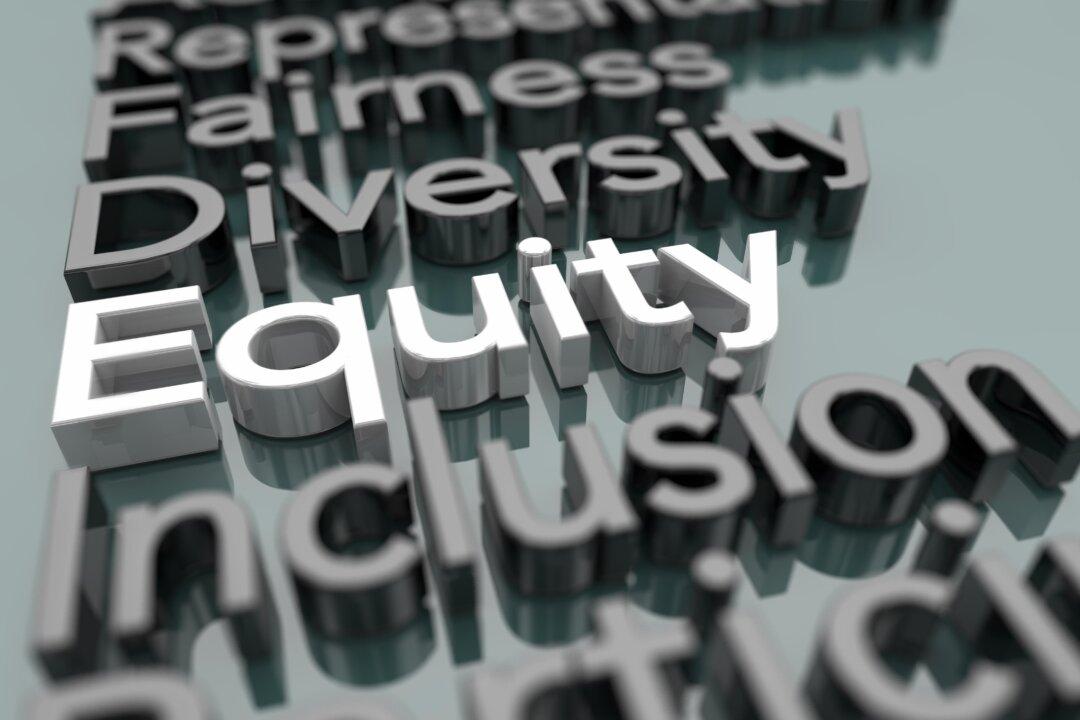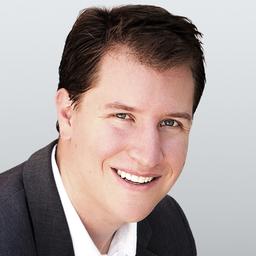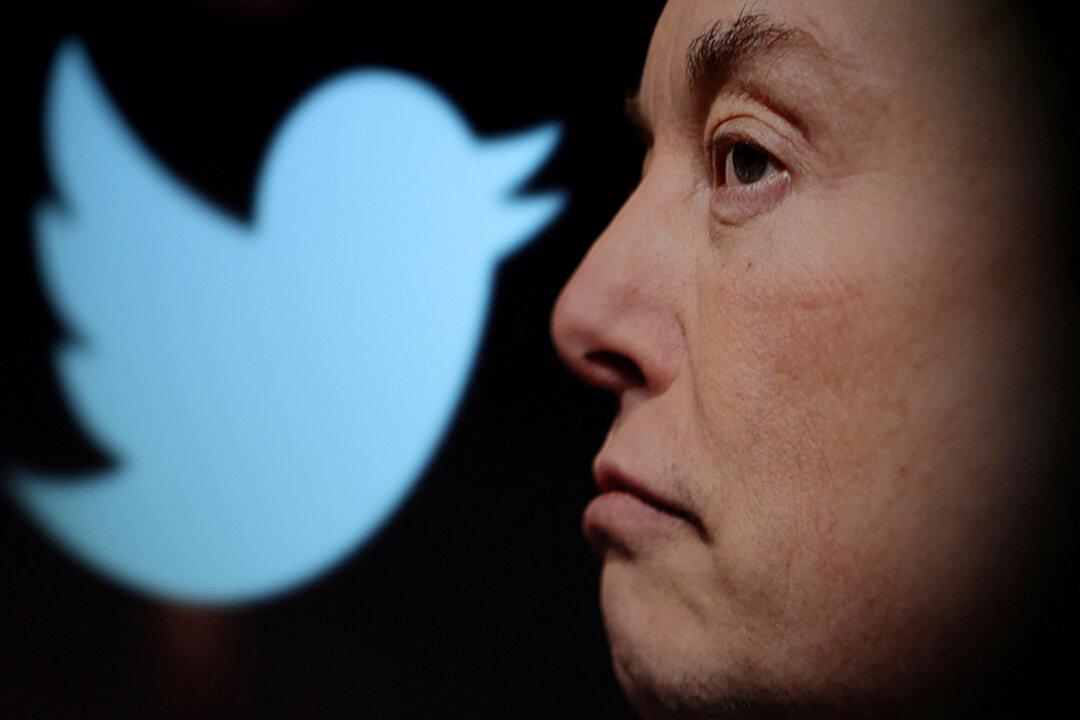Commentary
Utah is currently considering a bill that “would overhaul diversity offices at the state’s public colleges and universities,” according to The Salt Lake Tribune. The measure would ban offices from engaging in “differential treatment” based on race and gender, and it would also ban administrators from using the terms “diversity, equity, and inclusion” (DEI) in their job titles.





